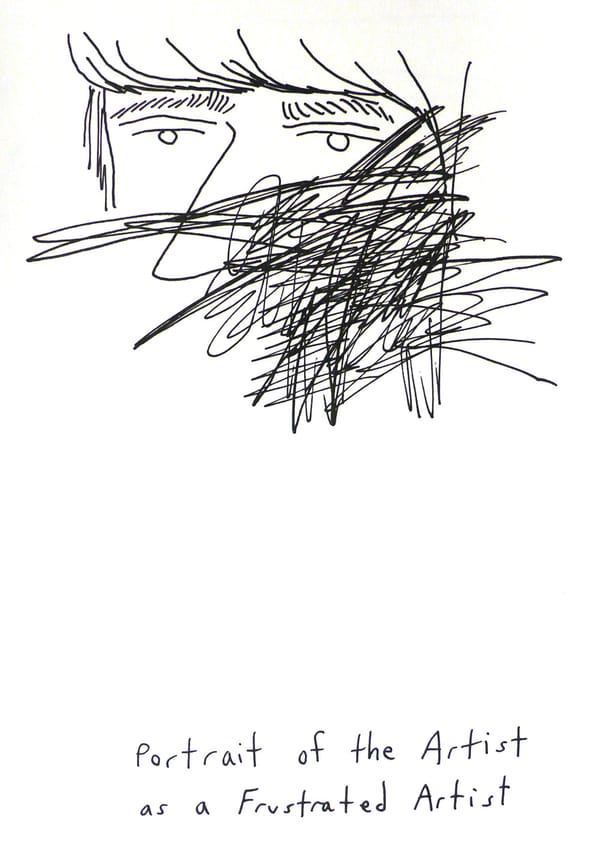Are they worse than animals?
Calum Grant discusses a book about bankers
What does investment banking look like from the point of view of a wide eyed money hungry graduate? Anyone considering going into this avenue of finance after graduation should seriously consider giving this book a read to gain some insight into what kind of work and lifestyle you can expect. The long hours, never ending assignments, high figure deals, fat pay cheques, coveted bonuses and sleeplessness you can expect are neatly summed up in these fast paced and insightful accounts. The two authors both worked for a reputable New York investment firm for a number of years following graduation from Ivy league business schools. Their stories unfold chronologically from starting business school, to getting summer internships, then contracts and full time – and one really means full time – positions. Their experiences allows for a wider discussion of how the industry itself works, and its place in the modern economy. I myself have some friends who went into this line of work and am now finally able to understand why it is I never see them, and just what they get up to all day (and night) long. Of course one should acknowledge that the book was written in the first place due to the both the authors leaving the industry through disillusionment. Their colleagues would probably argue they were burned out, though they would counter that they had finally come to their senses. In spite of such bias the authors are able to provide a true and fascinating account the inner workings of investment banking, a profession few people really understand but are nevertheless all too ready to have an opinion on. The book is now a decade old, but still meticulously encapsulates what new recruits to investment banking can expect. Reading extracts to a friend of mine who lives this world made him laugh out loud at the way his job was being described. Not because the book was wrong however, but because his job was being summed up with equal measures of accuracy and vitriol. This same friend has told me of his ninety hour weeks, regular all nighters, cocaine frenzies and the masochistic way in which he is managed. When I question him on why he puts up with some of the more pointless tasks he is set, which only seem to serve the purpose of gratifying his line manager rather than accomplish anything productive for the company, he explained that I didn’t understand how the ‘food chain’ works. Imagine my delight and surprise when turning to chapter six and finding it was in fact entitled ‘The Food Chain’. I’m now in a position where I both understand such aspects of this industry, and yet don’t understand them, which is a better position than where I was previously. This effectively sums up the book, in that it provides an insight into the goings on of investment banking, and the very personal and casual way in which the authors’ lives are conveyed allows one to appropriate the mindset and motivations of those drawn to such a life (spoiler alert, it’s mostly greed). What was quite unusual about this book though, was that it was written by more than one person. There are always two voices throughout the book, the story unfolding from two perspectives, with each one having their own typeface. They both speak very candidly about their experiences, in a highly informal manner as though one was picking the brains of an old friend. Due to this, the book does at times feel like a series of blog posts written by people to whom writing doesn’t come naturally. While the likes of Martin Lewis’ 1989 book Liars Poker may overall provide a better insight into investment banking (and is definitely better written), it is dated and Monkey Business is far more relevant to those going into the city today.









